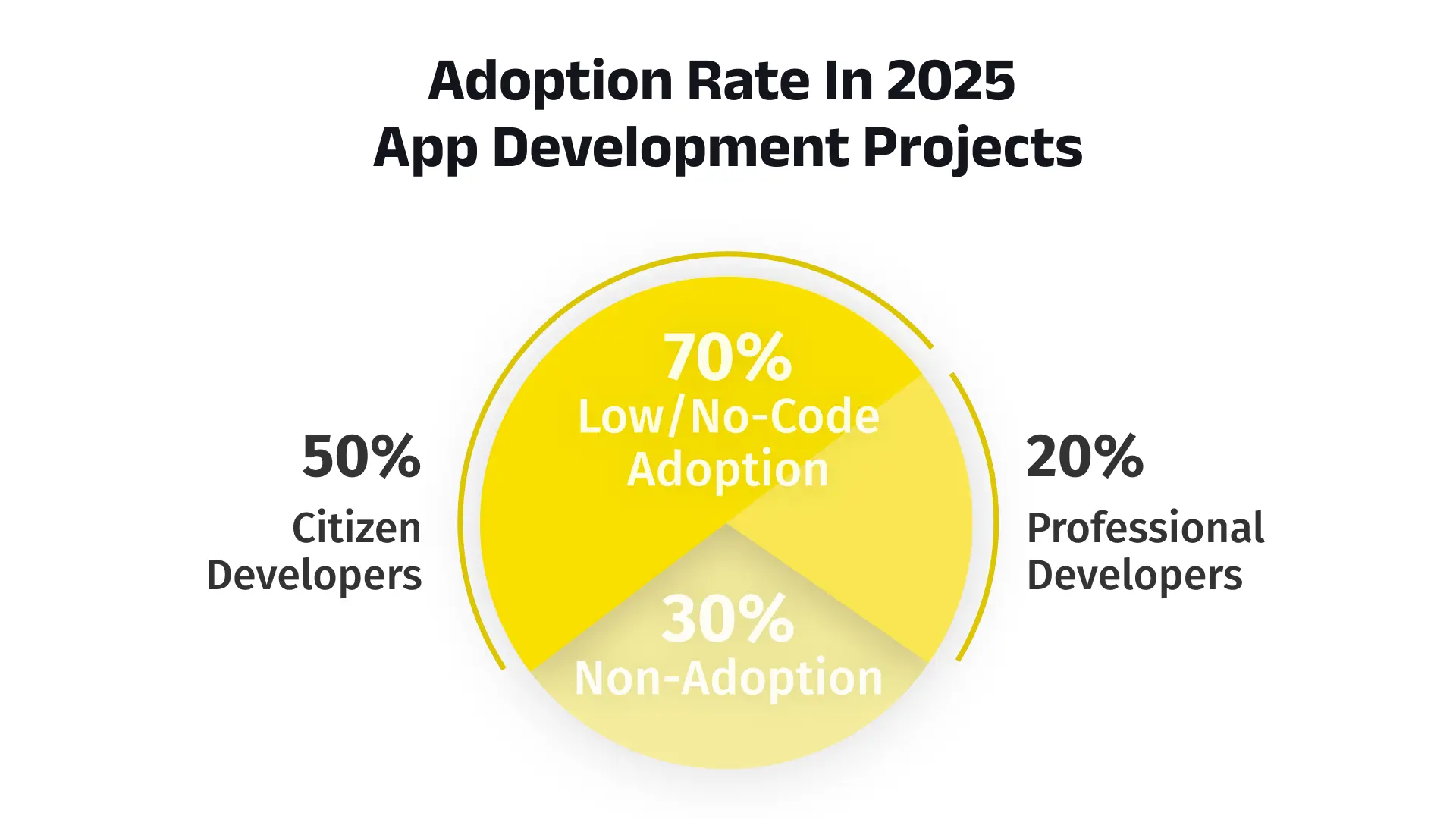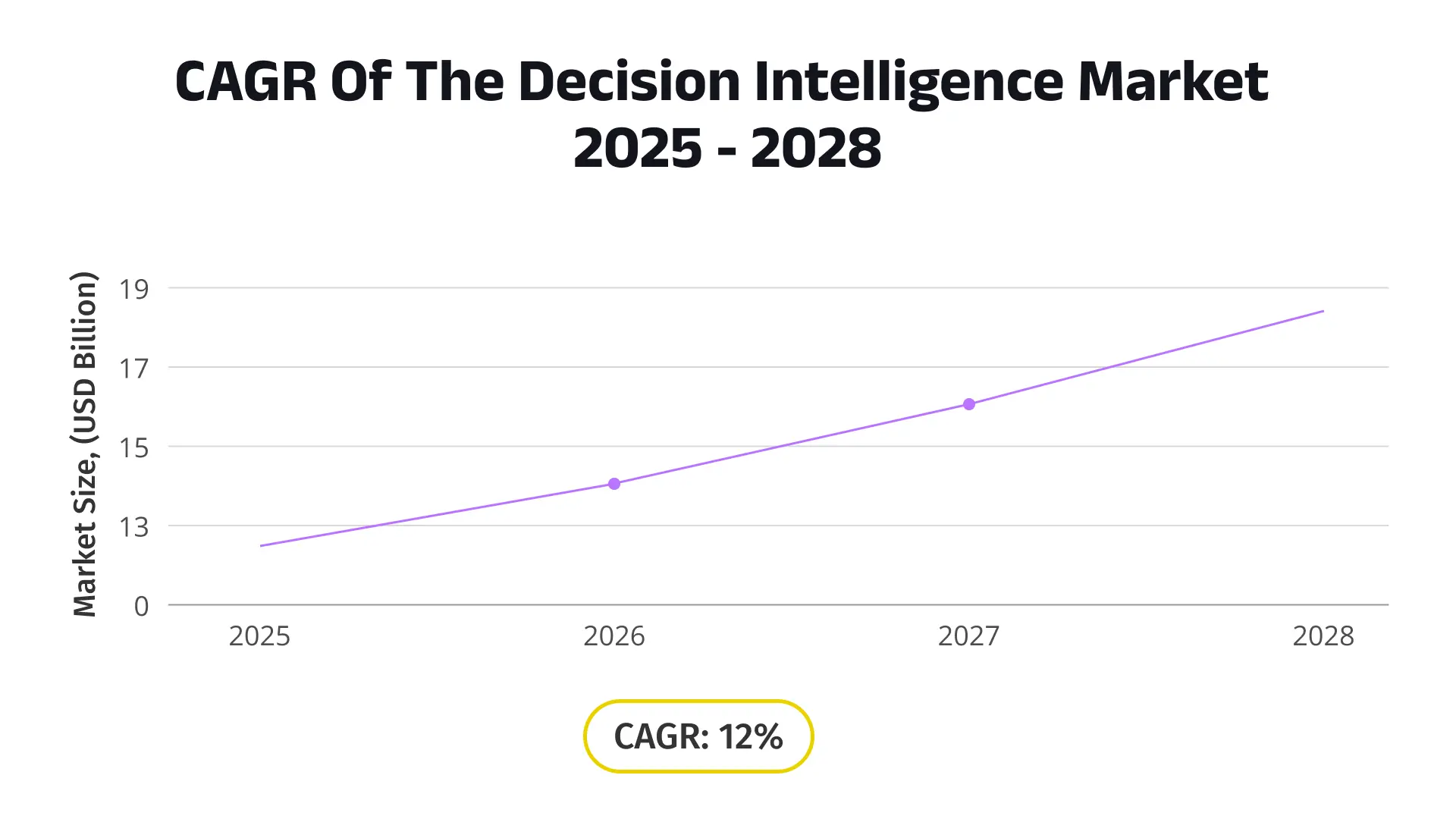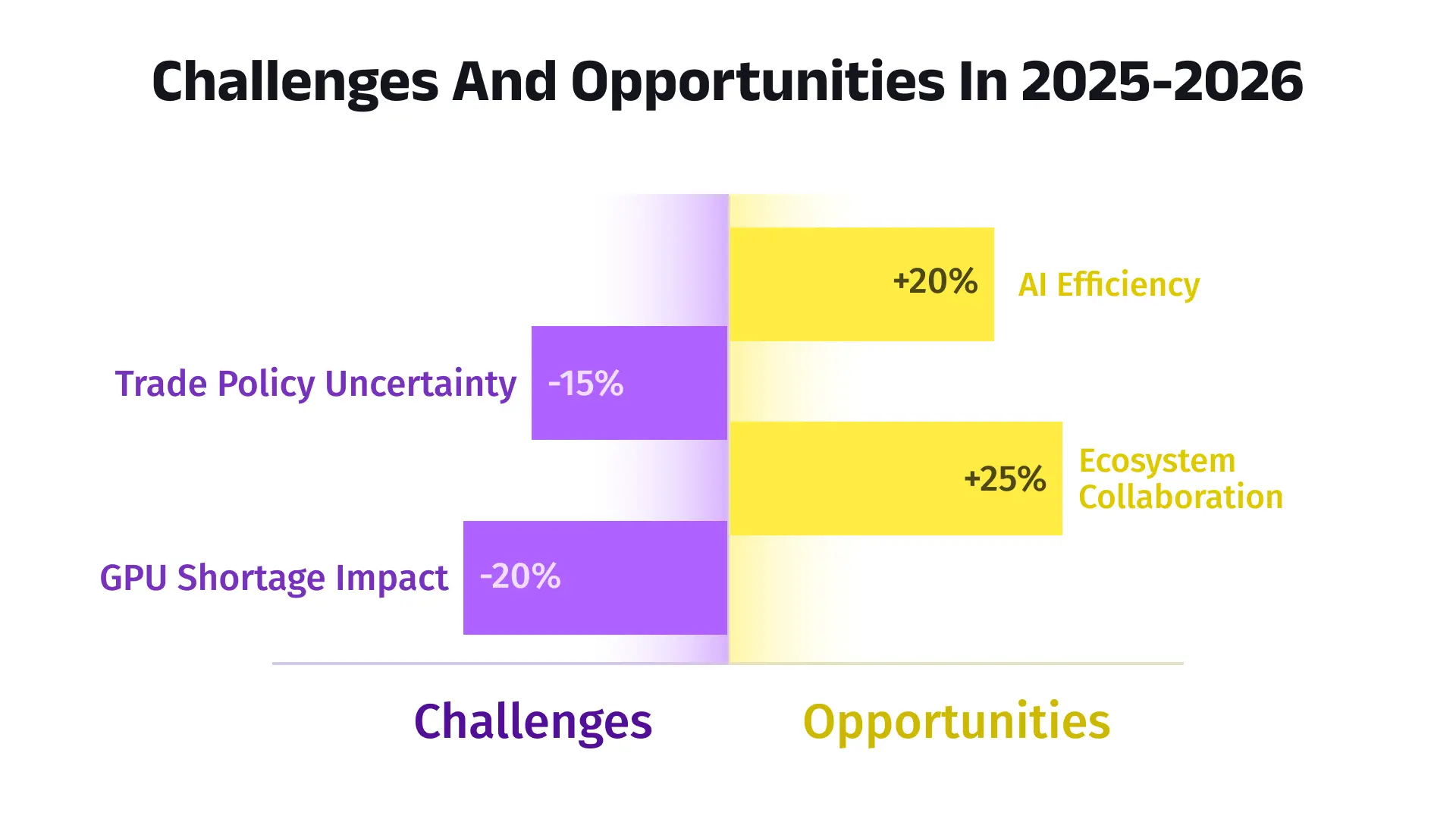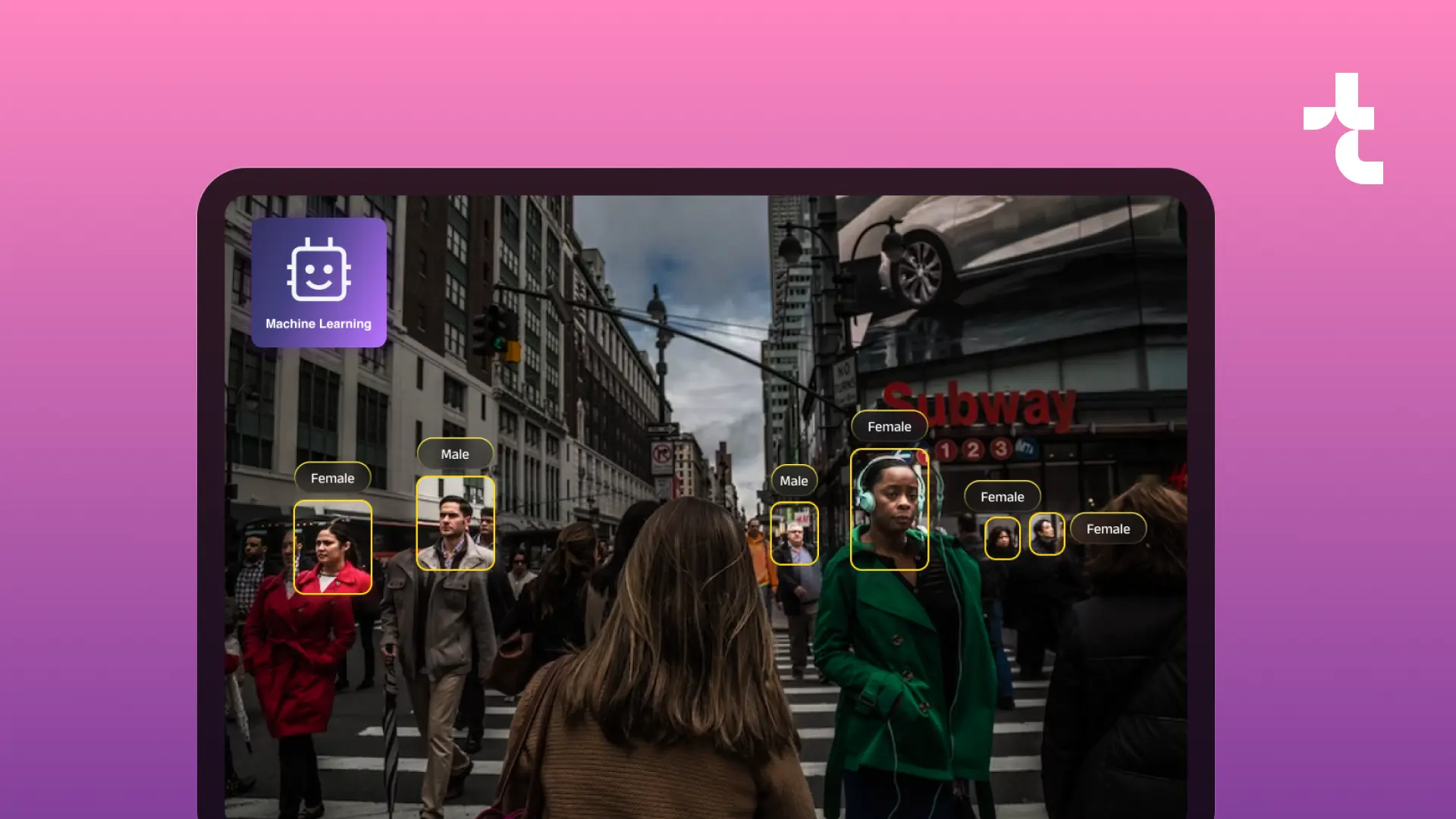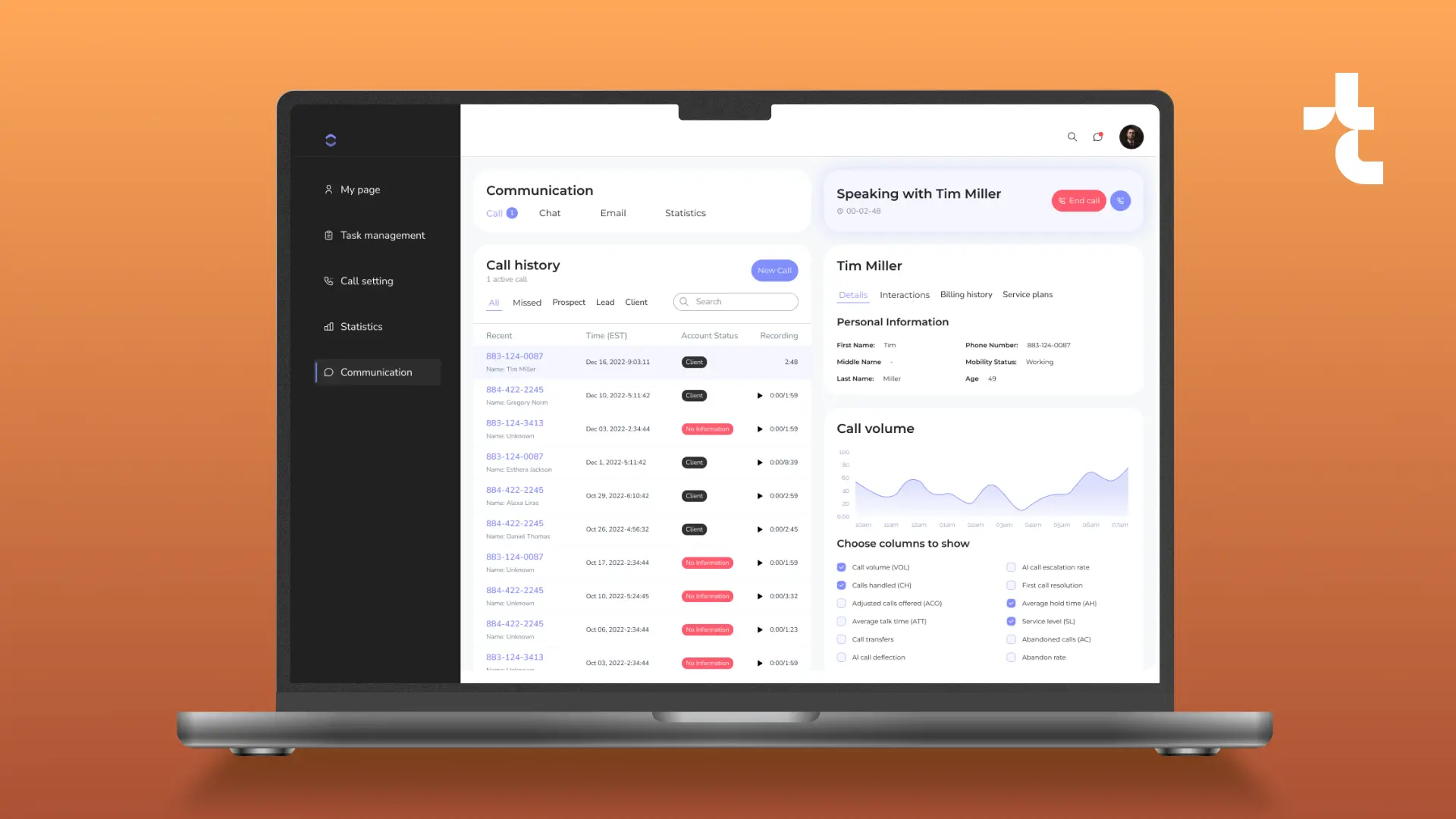AI in 2025-2026: Top Trends Shaping Enterprises and Software Development
Alina Ramanenkava, Growth Marketing Manager
Last updated: June 24, 2025
At Timspark, we’ve been at the forefront of delivering cutting-edge AI solutions that empower businesses and developers to thrive in a rapidly evolving technological landscape. As Artificial Intelligence (AI) becomes the cornerstone of innovation in 2025-2026, we see unprecedented opportunities for organizations to harness AI reasoning, low/no-code platforms, and other transformative trends. Drawing on insights from Morgan Stanley’s Technology, Media & Telecom Conference, GitLab’s DevSecOps survey, and other trusted sources, this article examines the top six AI trends influencing enterprises and software development in 2025-2026, guiding our clients to achieve strategic success.
1. AI Reasoning and Custom Silicon Driving Enterprise Innovation
AI reasoning—where machines can learn, adapt, and make decisions like humans—is poised to transform businesses in 2025. As discussed at the conference, AI reasoning is driving demand for custom silicon, a key aspect of this revolution. ASICs are better suited for tasks such as pre-training and inference compared to general-purpose GPUs.
Why it matters
- AI reasoning enables the understanding of context, facilitating personalized recommendations, optimized processes, and informed planning.
- The global semiconductor market is expected to grow at an annual rate of 8% through 2026, driven by AI workloads (IDC).
- U.S. export controls and GPU shortages are posing risks, driving chip companies to produce custom silicon.
Quote: “Customer demand is in the breadth of AI workloads for programmable infrastructure,” said Marco Lagos Morales, Morgan Stanley.
Source: “Global Semiconductor Market to Grow by 15% in 2025, Driven by AI”, IDC.
Actionable tip: Businesses should collaborate with chip companies to build custom silicon, balancing performance and cost.
2. Agentic AI: The Next-Generation of Autonomous Applications
With AI agents that can autonomously make decisions and adapt to their environments, software development is poised for significant evolution. GitLab’s Emilio Salvador, for instance, notes that AI agents are becoming proactive, anticipating the needs of developers and optimizing the performance of their applications.
Why it matters
- AI agents automate the SDLC, suggesting code and running tests in real-time.
- Applications ranging from personalized experiences to optimized supply chains will be made possible by agentic AI.
- Global AI agent market expected to reach $47 billion by 2027 (MarketsandMarkets)
Quote: “A.I. assistants will become proactive collaborators instead of reactive tools”, said Emilio Salvador, GitLab.
Actionable tip: Developers should incorporate AI agents into their IDEs (e.g., Visual Studio Code) to boost productivity, and businesses should explore AI agents for personalized customer support.
3. Low/No-Code Platforms Bring Software Development to the Masses
By 2025, 70% of app development projects are expected to leverage low/no-code platforms, enabling “citizen developers” to build functional applications. These platforms are powered by AI and allow users to build applications using natural language, like “create a fitness app with a calorie tracker.”
Why it matters
- Makes it possible for businesses to build apps without needing extensive coding experience.
- Cuts development cycles from weeks to days, as illustrated by GitHub Copilot.
- Expected to reach $65 billion by 2027, growing at 26% CAGR (Techificent)
Quote: “AI isn’t just assisting developers, it’s becoming their co-pilot,” said Andreessen Horowitz.
Actionable tip: Businesses should adopt low/no-code platforms to build MVPs faster, while developers focus on refining complex features.
4. AI Ethics and Governance: Necessity for Compliance and Trust
Given the crucial role of AI in key decision-making, AI ethics and governance are no longer optional. By 2025-2026, stricter regulations will render ethics and governance non-negotiable, with businesses facing pressure to ensure transparency, mitigate bias, and maintain data privacy, particularly in regulated industries such as finance and healthcare.
Why it matters
- 85% of consumers want more transparent AI regulations to prevent abuse (PwC)
- Replace black-box systems with transparent AI, building customer trust.
- Financial institutions are hiring AI ethics officers to ensure compliance.
Quote: “There’s no question, without accountability, AI is just another form of oppression,” warned Timnit Gebru, AI ethics researcher.
Actionable tip: Establish AI governance boards and adopt explainable AI models to comply with regulations and build trust.
5. Decision Intelligence: Transforming Business Strategy
AI-powered decision intelligence platforms leverage structured and unstructured data to provide insights, giving businesses the ability to make data-driven decisions. As reported by Quad AI, these tools enable faster decision-making in areas such as marketing, finance, and HR.
Why it matters
- Reduce risk with AI-based modeling, avoiding financial pitfalls.
- Predict workforce needs with predictive analytics and planning ahead.
- Expected to grow at 12% CAGR through 2028 (Grand View Research)
Quote: “A.I. in decision intelligence is the new age of business strategy,” said Quad AI.
Actionable tip: Executives should leverage decision intelligence platforms to test out scenarios and optimize resources.
Ready to scale your team with top-tier IT talent?
6. On-Premise AI Models: More Secure and Cost-Effective Solutions
The movement towards on-premise AI is accelerating, fueled by cost-effective open-source models and the need for on-premise solutions. GitLab’s survey found that regulated industries are turning to on-premise AI to ensure data privacy and mitigate latency.
Why it matters
- Custom AI models are more cost-effective and faster to deploy than cloud-based alternatives.
- Regulations for regulated industries are met with on-premise solutions.
- 78% of organizations plan to use AI in software development by 2026 (GitLab)
Actionable tip: Regulated industries should explore on-premise AI models, refining them with their own data to tailor performance.
- Trade policies, GPU shortages, and ethical issues could slow AI adoption.
- Collaboration across the AI ecosystem (chips, hyperscalers, LLMs) and more efficient AI (e.g., Jevons Paradox) will fuel market growth.
Quote: “Customer demand is in the breadth of AI workloads for programmable infrastructure”, said Dave Chen, Morgan Stanley.
Conclusion
As we look to 2025-2026, AI is set to redefine enterprises and software development through transformative trends like AI reasoning, agentic systems, low/no-code platforms, ethical governance, decision intelligence, and on-premise AI models. These advancements offer businesses and developers unparalleled opportunities to innovate, optimize, and stay competitive, provided they navigate challenges like regulatory pressures and hardware constraints. At Timspark, we’re committed to helping our clients leverage these trends to build scalable, ethical, and impactful AI solutions tailored to their unique needs.
Ready to harness AI for your business? Contact Timspark today for a personalized AI project consultation to turn your vision into reality. Visit our website or reach out at [insert contact email or link] to get started.


